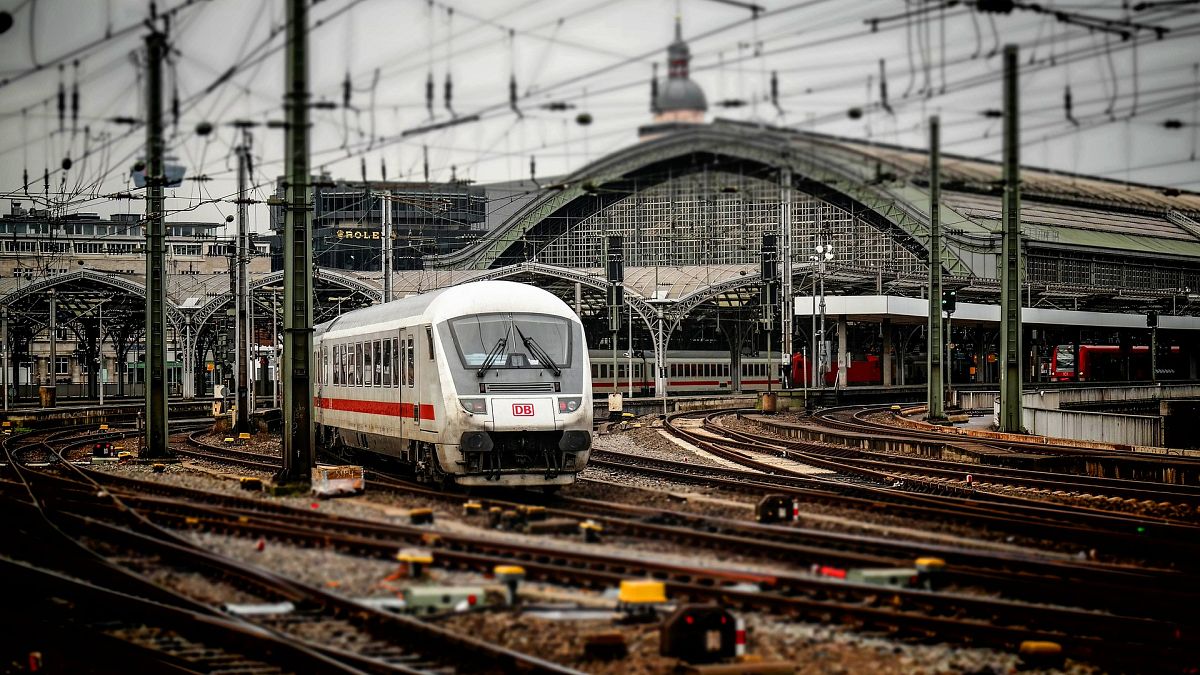All aboard... and don't forget your pyjamas! Sweden has announced plans for night train services to Brussels and Hamburg.
Sweden announced on Thursday plans to launch night train services connecting Swedish cities with Hamburg and Brussels.
It comes after other European countries made similar announcements in recent months to resurrect sleeper trains.
So as travel in Europe gets on a roll in the wake of the coronavirus lockdown, travellers are looking for modes of transport that offer social distancing along with greener credentials. Could night trains be the answer?
The Swedish government has now tasked the country's transport authority with procuring carriages and establishing timetables and the service is planned to start no later than August 1, 2022.
Swedish authorities were unable to organise night train traffic through Germany, because of its busy rail network. So the service from Stockholm will stop at Hamburg. The other service will connect Malmö with the EU capital Brussels.
"This is something we've been pushing for, for a long time," Swedish MEP Jakop Dalunde from the Swedish Greens, who is also a member of the EU's TRAN committee, told Euronews.
Elsewhere on the continent, France's transport secretary announced that a night train running from Paris in the north to Nice on the south coast would be up and running again in two years after it was scrapped in 2017.
In January, a new night service kicked off linking the Austrian capital Vienna with Brussels, but the coronavirus crisis has seen the service halted for the moment.
One advocacy group is touting the Belgian capital as a hub for the continent's sleeper service: Back on Track Belgium argued that Brussel's central location and international population make it easy to link to its surrounding countries and even the UK.
Environmental NGOs are putting pressure on governments to get behind the rail revival and ditch low-cost air travel.
"The revival of overnight trains is a great development for the environment and is safer in these times of global pandemic," Khaled Diab, spokesperson for the European Environmental Bureau told Euronews. "It is also a comfortable and even romantic way to travel."
He argued that governments should stop subsidising and rescuing airlines and instead invest in making train travel and other sustainable modes of transportation more accessible and affordable.
This is something Dalunde also supports and says he is working on better conditions for rail travel on an EU level so subsidies are no longer required for night trains.
"We don't want to stop people flying as it has a role to play, but airlines need to pay," he said, adding that if air carriers were made to pay carbon and energy tax, this could be invested into making sleeper trains a more affordable and better mode of transport.
The MEP wants to see money from higher taxes on low-cost airlines funnelled into lowering track fees, repairing to tracks to reduce delays and improving Europe-wide ticketing systems, which would all serve to encourage countries to establish night trains.
With COVID-19 protection measures like lockdowns and home office forcing Europeans into putting on the breaks, many could now be more willing to accept slower means of transport like sleeper trains to access their other benefits.
